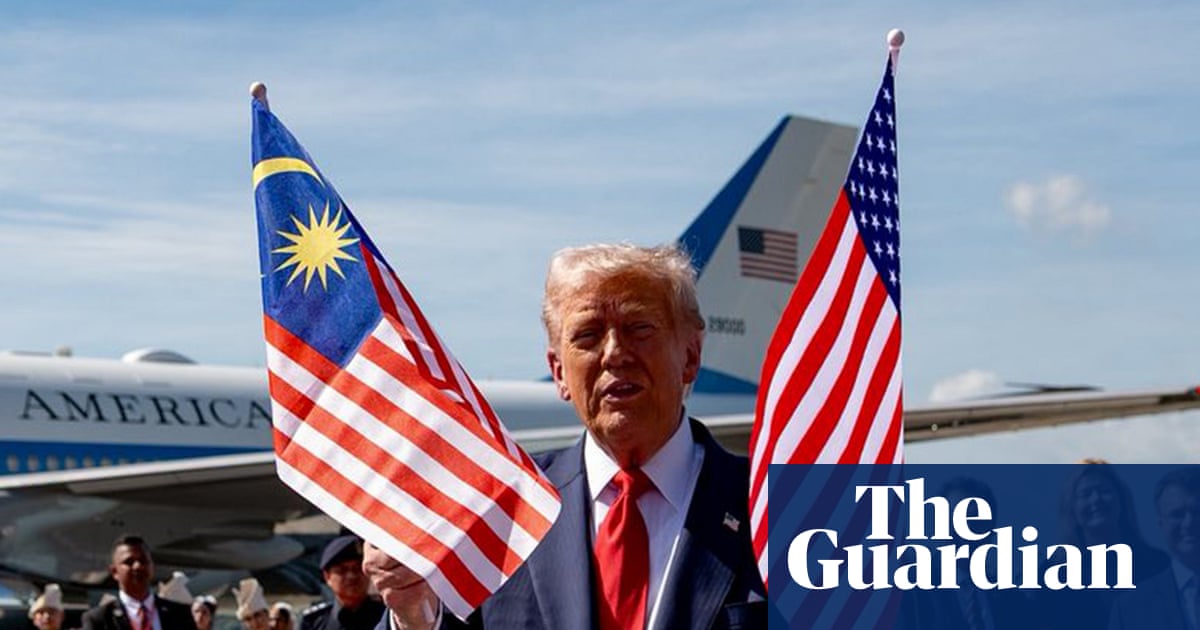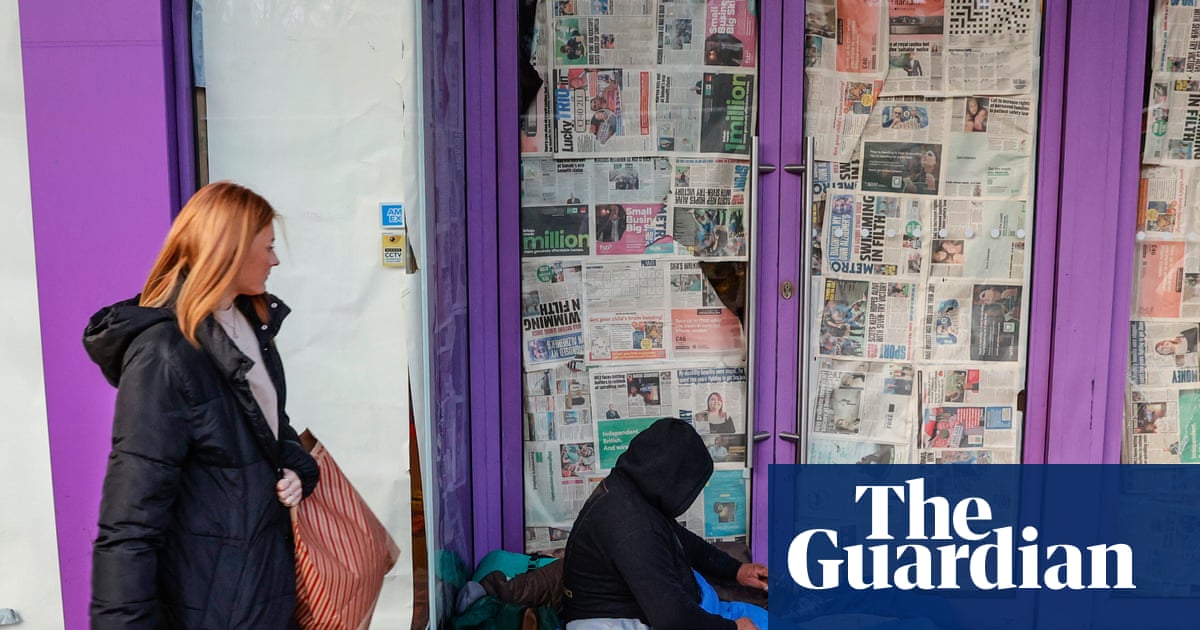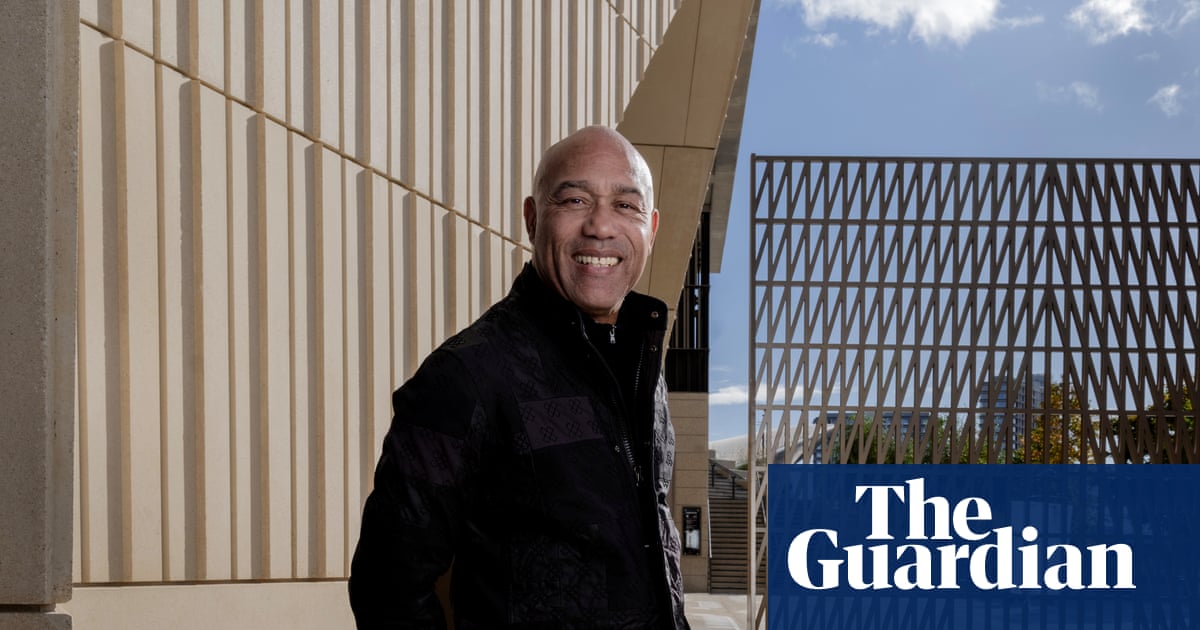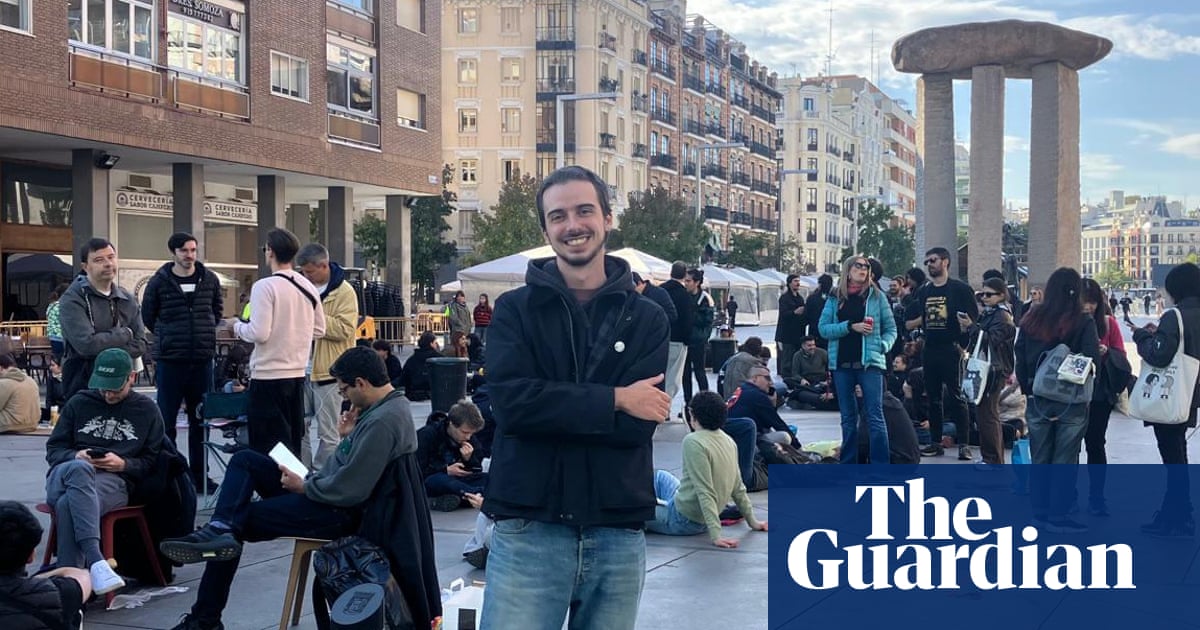Election officials should consider banning political donations made in cryptocurrency, a minister has said, amid concerns that foreign powers are using untraceable money to influence British politics.
Pat McFadden, the Cabinet Office minister and close ally of the prime minister, Keir Starmer, told MPs on Monday he thought there was a case for preventing crypto donations given how hard it is to trace their source.
His comments come two months after Nigel Farage announced his Reform UK party would become the first in British politics to accept donations in bitcoin, mirroring a similar move made by Donald Trump in the 2024 US presidential election.
The campaign group Spotlight on Corruption has warned this practice could allow foreign countries to undermine British democracy, saying digital currencies “may play a role in future political interference schemes”.
McFadden was asked by his Labour colleague Liam Byrne about banning cryptocurrency for political donations during a meeting of a joint Commons and Lords committee on the national security strategy.
“I think it’s a very good question and I definitely think it is something that the Electoral Commission should be considering,” McFadden said. “The funding of democracy is often a controversial area but I think that it’s very important that we know who is providing the donation, are they properly registered, what are the bona fides of that donation. I think it’s a very important question you’ve asked.”
He added: “I always think that the legislation should keep up with the technology and practices of the time. So if you’re asking me should the legislation consider whether the current systems are fit for purpose, I think that’s a very real challenge.”
Byrne, who chairs the Commons’ business and trade committee, also urged the minister to consider tightening the rules governing donations made by people linked to “unlimited companies”, the finances of which are difficult to check.
McFadden replied: “We should always keep our legislation up to date to ensure that the financing of politics can be trusted by the public. And if, from time to time, the legislation needs to be changed to make sure that’s the case, then of course that’s something that should be considered.”
McFadden added that he believed ministers should consider putting more resources into the Electoral Commission and the National Crime Agency to help police political donations.
Byrne said afterwards: “Our party finance rules are, in truth, a Kremlin’s charter, designed for opacity, not openness.
“If we want to clean up politics, we must root out the dark money, hidden money and foreign money. That means banning cryptocurrency donations, donations from unincorporated associations and donations financed by foreign profits. Crucially it means beefing up the National Crime Agency and Electoral Commission.”
McFadden’s comments come days before ministers release proposals about how to improve elections, which will lead to future legislation. That strategy paper is not expected to recommend banning cryptocurrency donations, despite his apparent support for the idea.
The paper is expected to back allowing people to vote once they are 16 and to set out measures to protect candidates standing at election from suffering abuse and harassment. On election finance, transparency campaigners said they believed the most likely area for action on election finance would be closing loopholes on foreign donations to ensure only companies making profits in the UK could give money.
They are concerned, however, that ministers will back away from capping individual or company donations, or giving the Electoral Commission back its powers to launch criminal investigations. They also thought the government would stop short of ordering automatic voter registration, but that there could be greater “nudge” action reminding people to register.
Margaret Hodge, the Labour peer and anti-corruption campaigner, said there was “a lot of pressure on the government to get things right” and the House of Lords was likely to push for even stronger rules on transparency and checks on political donations.
Tom Brake, the director of Unlock Democracy campaign group and a former deputy leader of the Commons, said: “Safeguarding democracy is one of any government’s most important duties. Crypto donations, and the heightened risk of crypto being used to channel foreign money into UK politics, are a clear and present danger to democratic integrity.”
On the wider changes expected in the bill, he added: “Votes at 16 will only be a success if 16- and 17-yearolds are actually registered to vote. More than 6 million eligible voters in England and Wales are not currently registered to vote, with young people among the worst affected. A system of automatic voter registration would ensure no young person cannot make their voice heard.
“Restoring the Electoral Commission’s independence is as close to a painless change as Labour could hope for. They rightly opposed the last government’s policy to interfere [by introducing a strategy and policy statement [for the Electoral Commission]. We hope they will do the right thing and reverse that change.”

 3 months ago
106
3 months ago
106

















































